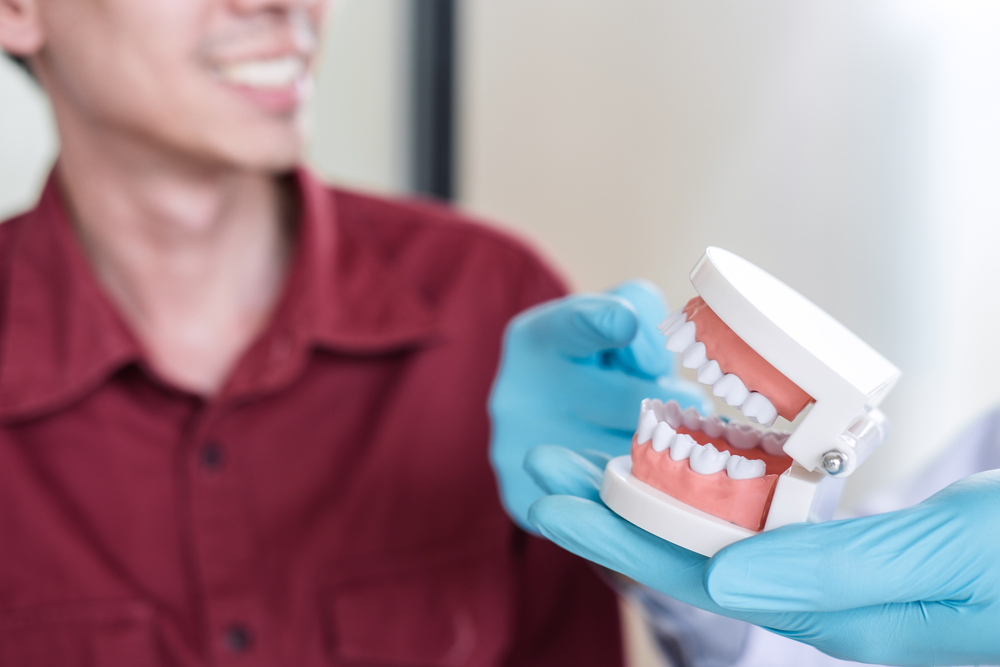The jaw is one of the most important parts of the body. It helps you with chewing food, speaking, and other activities. It’s no surprise that when something goes wrong with it, you want to know what’s going on. If you’re experiencing any pain in your jaw or head, it can be difficult to figure out what could be causing it.
So, what truly triggers jaw pain? We’ve got some common jaw pain myths debunked for you so that you’ll be able to get back to enjoying your favorite foods and activities again as soon as possible.
Myth: Pain in the Jaw can Only be Caused by a Tooth Infection
There are many possible causes of jaw pain, including tooth decay and grinding. However, if your dentist has confirmed that there are no cavities or gum disease in the area and it still hurts when you chew on that side of your mouth, then the source of your discomfort is likely a temporomandibular joint (TMJ) disorder.
Myth: Chewing Leads to Jaw Pain
Chewing can help prevent jaw pain. That’s because this activity lubricates the TMJs. The reason why people who have jaw pain grind their teeth is to relieve themselves from discomfort. However, when chewing for a long time like chewing gum or biting objects for hours could lead to pain in some individuals.
Chewing is an important part of our daily activities. It strengthens the jaw muscles, promoting overall jaw health. It also helps to stimulate saliva production, aiding in digestion and keeping the mouth healthy.
Myth: Surgery is the Only Option for Severe Jaw Pain
Surgery is one of the options for treating severe jaw pain, but it’s not always first. Surgery may not relieve your pain. Non-surgical options should be tried first and they include medications and injections. If you’re experiencing jaw pain and in need of treatment, talk with your doctor to know which one will be the most suitable.
Myth: Jaw Pain is the Same as TMJ Disorder
Jaw pain and other TMJ disorder symptoms such as jaw locking, clicking and popping can be caused by injury, arthritis, or other conditions. However, if you have jaw pain but no other symptoms of TMJ disorder or tooth infection, then it’s likely that the cause is something else entirely and you will need a thorough evaluation by your doctor who specializes in orofacial pain.
Myth: There are No Bad Habits that Contribute to Jaw Pain
Chewing gum, biting objects, cheeks, lips, resting hands on the jaws for a prolonged period of time could cause jaw pain. It is important to note that jaw pain can also be caused by stress. And when you are stressed, grinding and clenching your teeth can be your coping mechanism. These activities or habits that you do whenever you feel anxious or face stressful events can contribute to jaw pain.
